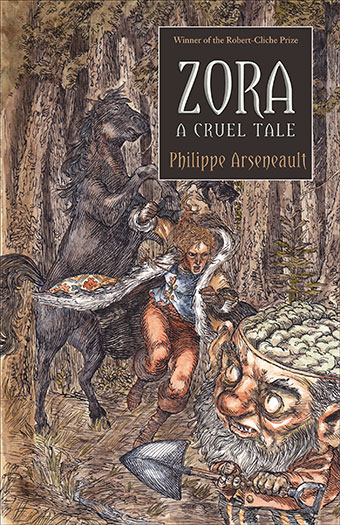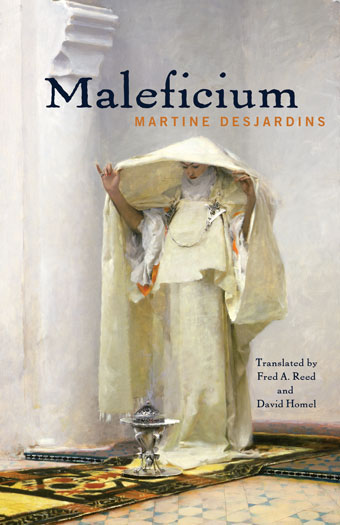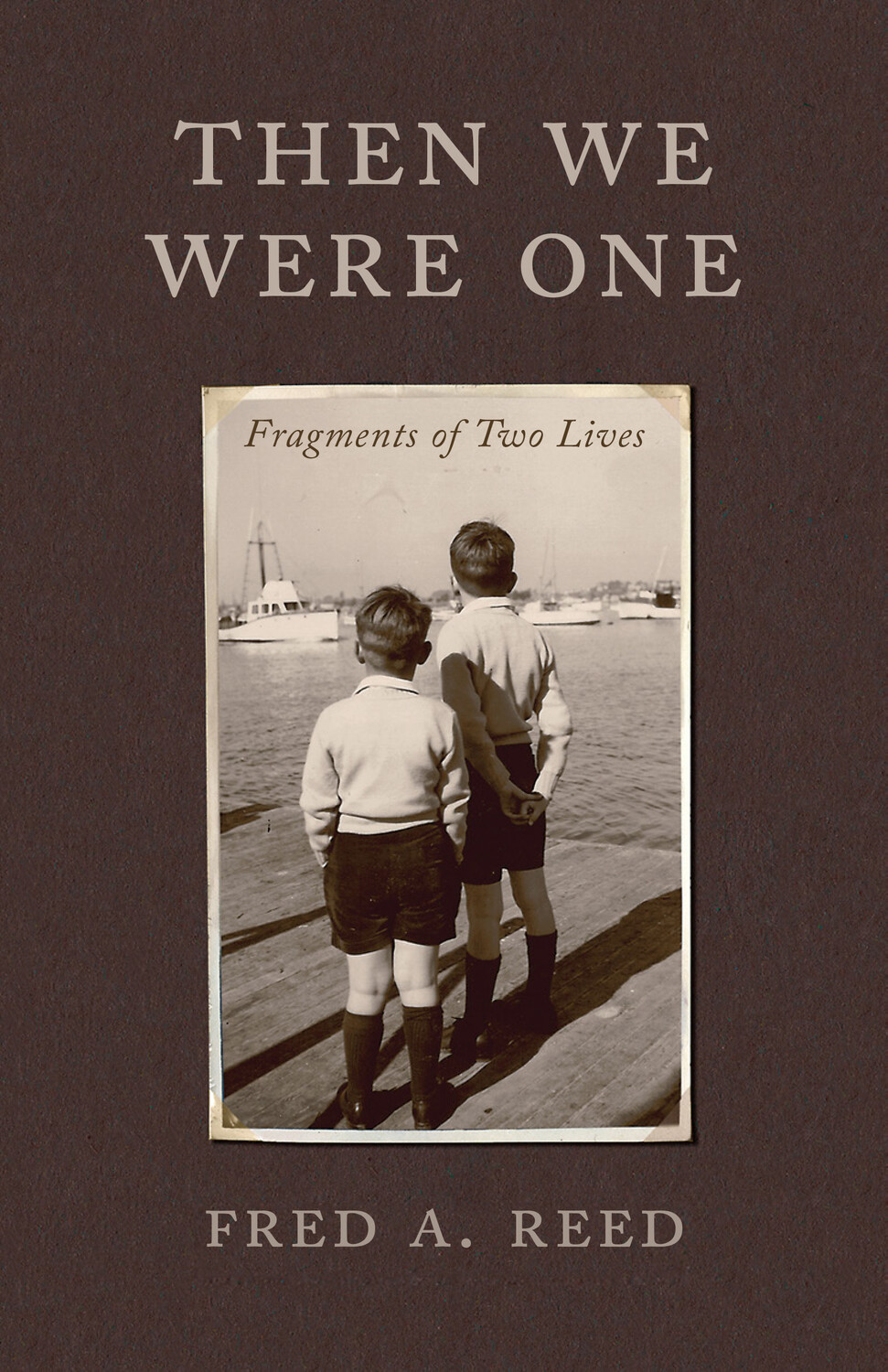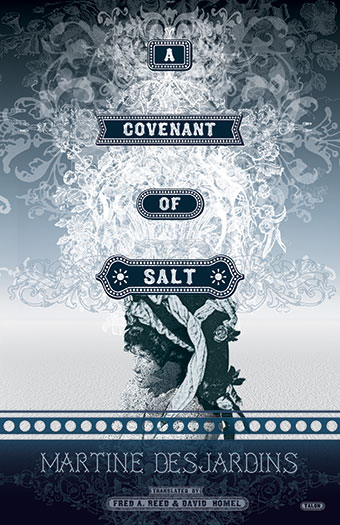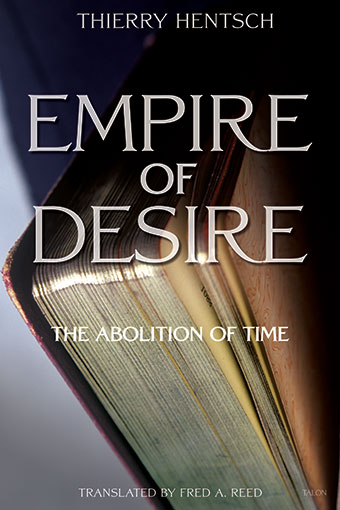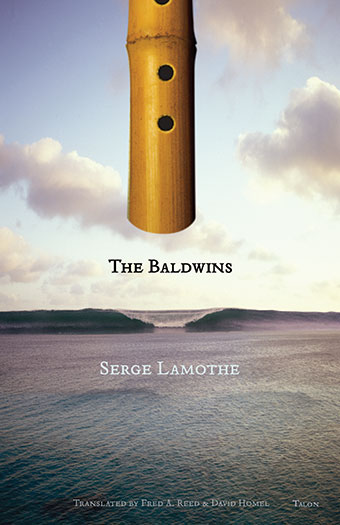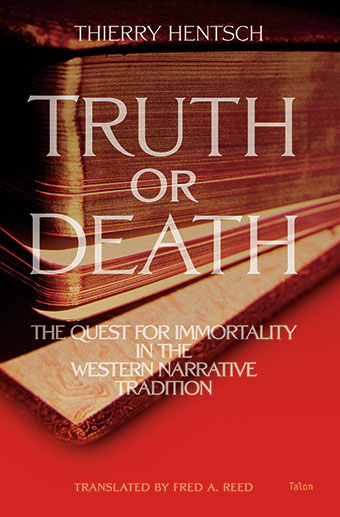Paperback / softback
ISBN:
9780889224261
Pages: 320
Pub. Date:
January 1 1999
Dimensions: 9" x 6" x 0.6875"
Rights: Available: WORLD
Categories
Non-Fiction / TRV012000
- TRAVEL / Former Soviet Republics
Shop local bookstores
This book stands at the point where actuality and legend converge in a land as old as time. From it extends an arid landscape upon which are inscribed the stories of peoples, civilizations, ideas that enslave and beliefs that liberate. Anatolia Junction weaves together three narratives: that of Fred A. Reed’s early winter journey through high Anatolia following in the footsteps of Said Nursi, the Kurdish mystic; that of the life and times of this enigmatic holy man who served in the Ottoman intelligence service, and paid for his refusal to bow to Ataturk with a lifetime of imprisonment; and that of hidden Turkey, of an Islamic community torn between political involvement with an all-powerful military regime, and flight from the political arena.
From an empty grave in Urfa, Fred A. Reed guides us eastward, to Erzurum and to Van, to the Kurdish mountain village where Said Nursi was born, then on to Diyarbakir, the city of black basalt and to Mardin, city of ochre and saffron, doubling back between stages to Istanbul. The journey ends where it began, in Urfa, city of prophets.
Anatolia Junction is the third volume in Fred A. Reed’s travels through the past and present of the Middle East, the Balkans and now, Asia Minor. Today, he concludes, Turkey’s Islamists are reappropriating the culture and beliefs that 70 years of secular fundamentalism have been unable to eradicate. Picking up where his prophetic Salonica Terminus left off, Reed proves once again that the violent turmoil of this region is an enactment of the Ottoman wars of succession, and is to be seen from a Southern and Eastern perspective, not from the West which continues to deny that these wars actually exist.
“Anatolia Junction succeeds in showing readers in the West that Islam is not a monolith, but ‘a rich and complex mosaic.’”
—Canadian Book Review Annual



